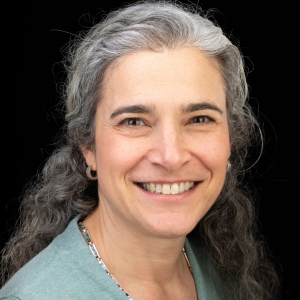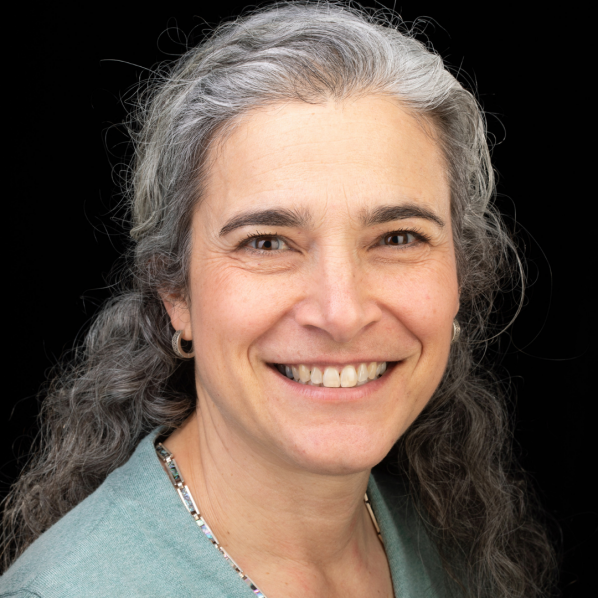BOONE, N.C. — On the first anniversary of Hurricane Helene hitting Western North Carolina, Carla Ramsdell, practitioner-in-residence in the Appalachian State University Department of Physics and Astronomy and sustainability liaison for the College of Arts and Sciences, debuted a new series called "The Resilient Kitchen."
The series is dedicated to helping people prepare their kitchens for an emergency, such as a natural disaster. "It is intended for everyday people and is focused on simple, science-backed, affordable strategies," shared Ramsdell, who came up with the idea as she was processing the aftermath of Hurricane Helene and realized she could've been better prepared.
The videos are filmed in Ramsdell's Sustainable Physics-Inspired Culinary Education (SPICE) Lab. The space, located in Garwood Hall on App State's Boone campus, features a science laboratory for researching the energy efficiency of cooking and a combined virtual cooking classroom and recording studio.
The first video in the "The Resilient Kitchen" series focuses on safe drinking water. When there is advanced notice, Ramsdell recommends collecting tap water in buckets, bags, and other vessels. This option is more affordable and sustainable than purchasing bottled water, and it is easier and safer than manually purifying water. In the event of an emergency, Ramsdell walks viewers through steps for purifying water, including filtering particles, killing pathogens, and removing harmful chemicals. She recommends inexpensive items that people can include in their resiliency kits, such as a water filter and a camp stove, and demonstrates how to use them.
Finally, Ramsdell encourages people to use their kits and knowledge to help their neighbors, explaining, "We learned that community connection was so critical and literally magical in those first post-storm days."
In future videos, Ramsdell will focus on resilient food and cooking, freezing, and dishwashing.
The launch of "The Resilient Kitchen" was supported by App State's Pathways to Resilience Quality Enhancement Plan. The series, including the videos, video summaries, checklists, to-do lists, and resources, is available on Ramsdell's website, Know Watt's Cooking: knowwattscooking.com/resilientkitchen.
###
About the Department of Physics and Astronomy
The Department of Physics and Astronomy’s curriculum has an applied nature that includes a core of fundamental physics courses and laboratory experiences. The department prepares graduates for a variety of scientific, teaching or engineering professions, as well as future educational endeavors. Learn more at physics.appstate.edu.
About the College of Arts and Sciences
The College of Arts and Sciences (CAS) at Appalachian State University is home to 17 academic departments, two centers and one residential college. These units span the humanities and the social, mathematical and natural sciences. CAS aims to develop a distinctive identity built upon our university's strengths, traditions and locations. The college’s values lie not only in service to the university and local community, but through inspiring, training, educating and sustaining the development of its students as global citizens. More than 6,800 student majors are enrolled in the college. As the college is also largely responsible for implementing App State’s general education curriculum, it is heavily involved in the education of all students at the university, including those pursuing majors in other colleges. Learn more at cas.appstate.edu.
By Lauren Gibbs
October 16, 2025
BOONE, N.C.

